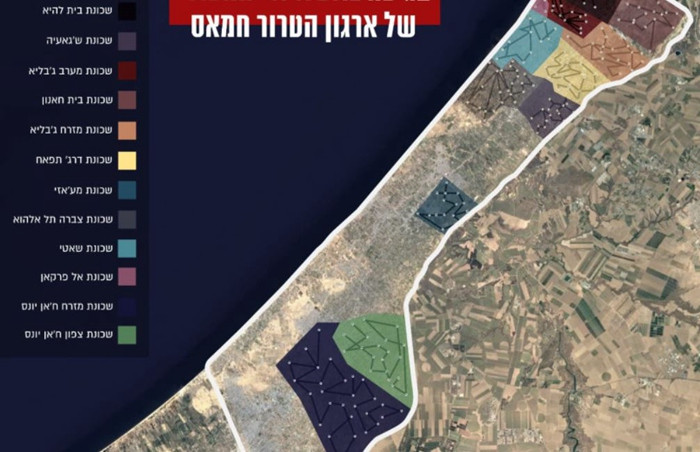According to reports from The Times of Israel and the Associated Press on December 24, Egypt has proposed a new ceasefire plan, suggesting a three-phase approach to end the current Israel-Palestine conflict and release all detainees. Sources indicate that the Israeli government has not outright rejected the proposal. The Associated Press described the preliminary plan as "ambitious."
The Times of Israel, citing a source who attended last week's talks between Hamas and Egyptian officials, reported that Egypt's ceasefire proposal is a plan to end hostilities and release all hostages, to be implemented in three stages.
The first phase of the Egyptian plan involves a two-week ceasefire, extendable to three to four weeks, in exchange for Hamas releasing 40 hostages, including women, minors, the elderly, and the sick. In return, Israel would need to release 120 Palestinian detainees. During this period, hostilities would pause, Israeli tanks would withdraw from the Gaza Strip, and humanitarian aid would be allowed into Gaza. The second phase involves Egypt initiating a "Palestinian National Dialogue" aimed at bridging the divide between various Palestinian political factions and seeking to establish a technocratic government in Gaza and the West Bank. The third phase is a comprehensive ceasefire, with Hamas releasing the remaining detainees, including Israeli soldiers, and Israel releasing those associated with Hamas and Jihad, including those arrested after the October 7 Israeli attack, with specific numbers to be further negotiated. In this stage, Israel would withdraw from Gaza, and Palestinians would be allowed to return to their homes.
The Associated Press reported that the proposal is still in its preliminary stages. It noted that the proposal does not meet Israel's stated goal of "completely destroying Hamas" and seems inconsistent with Israel's stance of maintaining military control over Gaza for a longer period post-conflict. A Western diplomat, who spoke on condition of anonymity, said they were aware of the Egyptian proposal but were uncertain if Prime Minister Netanyahu and his hawkish government would accept the entire plan.
On December 22, several Israeli media outlets reported that Israeli, U.S., and Qatari officials had discussed the exchange of detainees in Warsaw, Poland. Recently, leaders of Hamas and other armed groups in Gaza have been traveling to Cairo to discuss ceasefire matters with Egyptian officials.
The latest round of Israel-Palestine conflict, which erupted on October 7, has now continued for 80 days. Analysts suggest that the Israeli government, facing domestic calls to prioritize the rescue of detainees and external pressures from the U.S. to de-escalate military actions and international calls for a ceasefire, is compelled to return to the negotiating table. However, with significant gaps between the demands of Israel and Hamas, the prospects for ceasefire negotiations remain uncertain.




